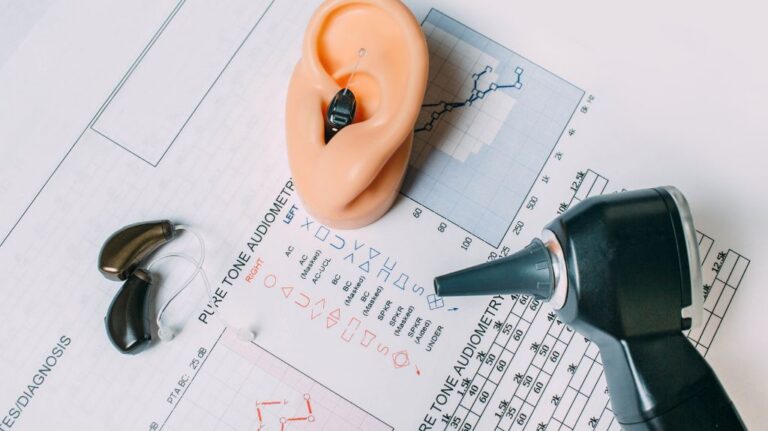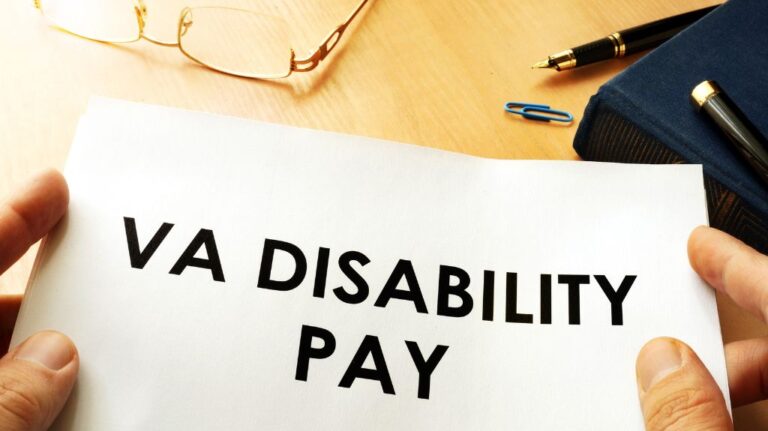VA Disability Claims for Hearing Loss: What You Need to Know

Hearing loss is one of the most common service-connected disabilities among veterans. Whether it’s due to exposure to loud noises, combat environments, or machinery, many veterans suffer from hearing loss or tinnitus after their time in the military. Understanding how the VA evaluates these conditions and what steps veterans can take to improve their claim outcomes is crucial for receiving proper compensation. In this blog, we will break down the VA’s evaluation process for hearing loss and tinnitus and provide tips to help veterans strengthen their disability claims.
How the VA Evaluates Hearing Loss
The VA uses a combination of medical examinations and diagnostic tests to determine the severity of a veteran’s hearing loss. The two most common tests are:
- Puretone Audiometric Test: This measures the softest sound a person can hear at different frequencies. Veterans will listen to a series of tones through headphones, and the results are plotted on an audiogram.
- Speech Discrimination Test: Also known as the Maryland CNC test, this evaluates a veteran’s ability to understand spoken words. Veterans listen to words at a comfortable volume and are asked to repeat them.
The results from these tests are combined to determine the overall degree of hearing impairment. Based on the test results, the VA assigns a disability rating, which can range from 0% to 100%. Most veterans with hearing loss receive a 0% or 10% rating, which may not result in monthly compensation unless paired with other service-connected conditions.
Tinnitus and Its VA Disability Rating
Tinnitus, a condition characterized by ringing, buzzing, or hissing in the ears, is often reported alongside hearing loss. Unlike hearing loss, tinnitus is evaluated differently by the VA. Veterans don’t need to undergo a specific test for tinnitus; instead, they simply need to demonstrate that they experience symptoms of the condition and that it is related to their military service.
The VA provides a standard 10% disability rating for tinnitus, regardless of whether it affects one or both ears. While this rating may seem low, it can be combined with other disabilities to potentially increase the overall compensation.
Tips for Strengthening Your VA Hearing Loss Claim
If you’re filing a VA disability claim for hearing loss or tinnitus, there are steps you can take to improve your chances of a successful outcome:
- Document Your Condition Early: Ensure your hearing loss or tinnitus is documented in your medical records as early as possible. Seek treatment for any symptoms and have regular hearing evaluations.
- Provide Detailed Evidence: Your military records should clearly show your exposure to loud noises, such as gunfire, explosions, or heavy machinery. Provide details about your military occupational specialty (MOS) and how it contributed to your hearing loss or tinnitus.
- Get a Nexus Letter: A nexus letter from a medical professional can be extremely beneficial. This letter should clearly state that your hearing loss or tinnitus is “more likely than not” connected to your time in service. The letter helps establish a direct link between your condition and military service, strengthening your claim.
- Stay on Top of Your VA Exam: The Compensation and Pension (C&P) exam is critical for your claim. Be sure to attend all scheduled appointments and provide thorough answers to any questions related to your hearing issues. It’s important to explain how your hearing loss or tinnitus affects your daily life and ability to work.
- File an Appeal if Necessary: If your claim is denied or you receive a low rating, don’t give up. Veterans can file an appeal or submit new evidence to request a reevaluation of their claim.
Getting the Support You Need With Your Claim
Navigating the VA disability claims process for hearing loss and tinnitus can be challenging, but with the right approach and preparation, you can improve your chances of a successful claim. Ensuring your hearing issues are well-documented, gathering the appropriate evidence, and seeking expert help are essential steps toward securing the benefits you deserve.
If you’re a veteran struggling with a hearing-related disability claim, don’t face the VA alone. Contact VA Benefits Attorneys Powered by Tabak Law for expert guidance and support in filing or appealing your claim. Let us help you get the compensation you’re entitled to for your service-connected disabilities.







